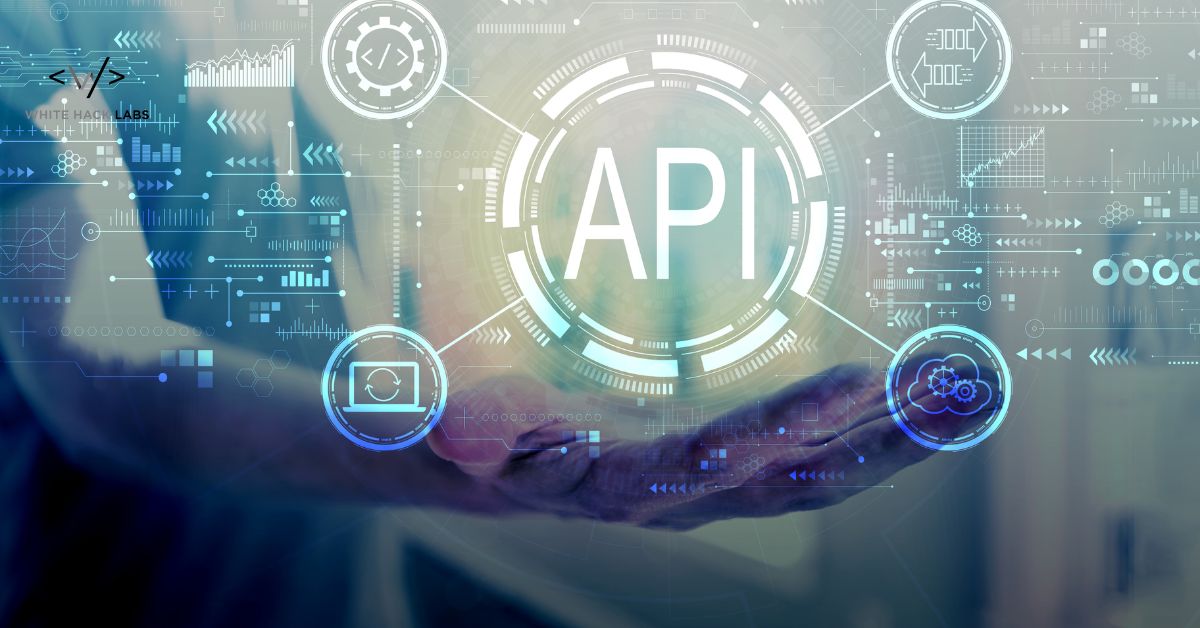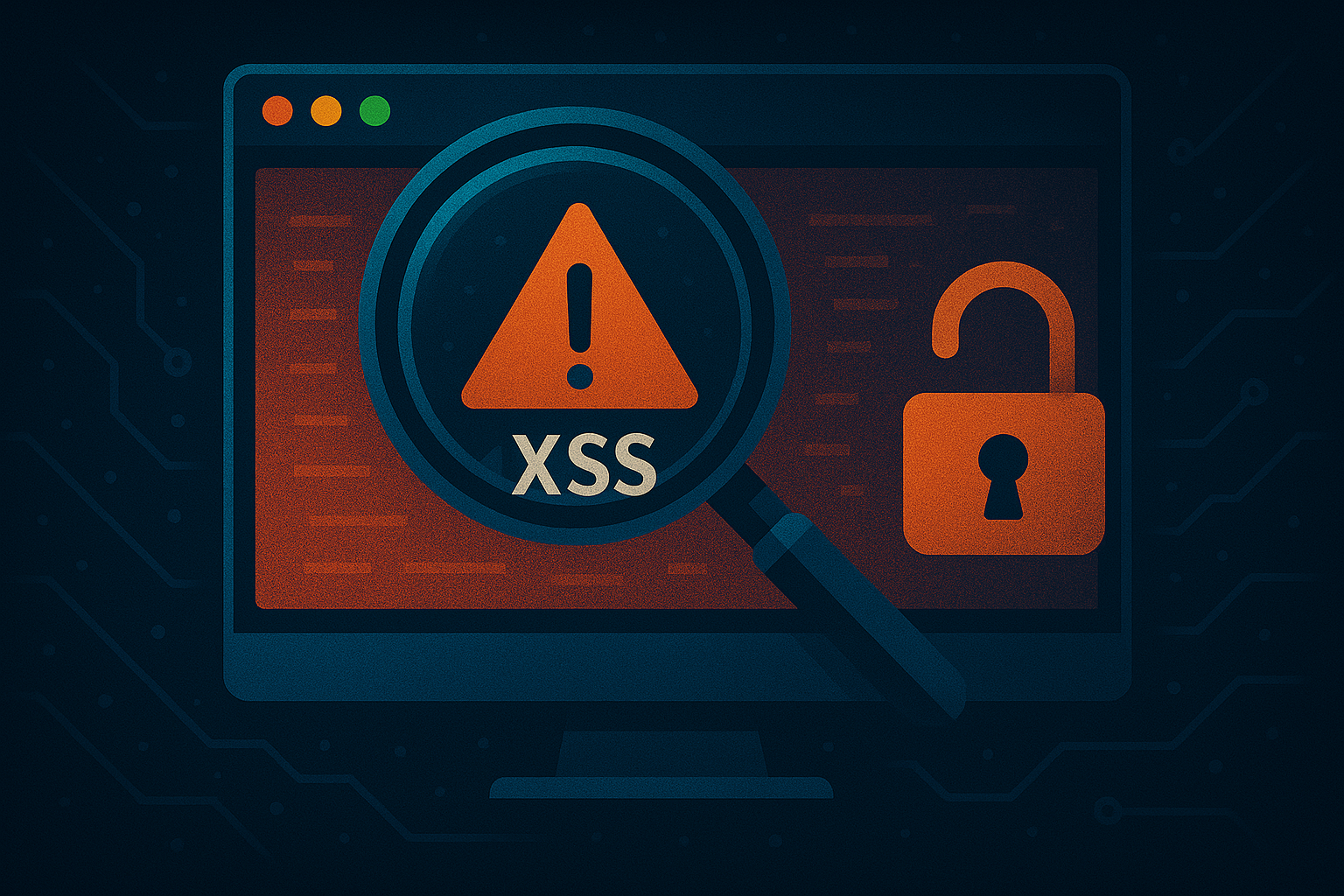
Introduction
One of the main components of a strong defense strategy in the complex field of cybersecurity, where cyberattacks are always changing, is API testing. It is critical to understand not just the overt dangers but also the covert weaknesses that exist under the surface as we navigate the always changing digital landscape. As a sentinel, API testing protects a system from possible breaches that would jeopardize its overall integrity. With the help of this investigation, we hope to clarify the role that API testing plays in cybersecurity services and show why it is essential to strengthening our digital defenses.
The Pervasiveness of APIs
It's important to comprehend the pervasiveness of APIs (Application Programming Interfaces) in our digital ecosystem before diving into the world of API testing. By serving as bridges, APIs allow various software components to easily exchange data and connect with one another. APIs act as the link between disparate applications, enabling seamless data flow, from mobile apps to cloud services. All of this connectivity, meanwhile, also creates a doorway for possible security flaws.
Understanding the Imperative
API testing is a proactive approach that protects against known and unknown risks, not just a checkbox item on the cybersecurity to-do list. Due to their broad use and potential access to sensitive data, APIs constitute an appealing target in a cyber landscape where attackers are growing more skilled.
Data Protection: APIs often handle sensitive information, from personal user data to financial transactions. Testing these interfaces rigorously ensures that data remains encrypted, secure, and impervious to unauthorized access.
Authentication and Authorization: In order to guarantee that only authorized people or systems can access the data, APIs rely on authentication and authorization protocols. Testing these systems aids in finding and closing any vulnerabilities that hostile actors trying to get unauthorized access might try to take advantage of.
Preventing Injection Attacks: APIs are susceptible to injection attacks, where malicious code is inserted to manipulate the behavior of the system. API testing involves robust evaluation for vulnerabilities that might allow injection attacks, ensuring the system remains resilient.
The Dynamic Nature of Cyber Threats
Cyber dangers are dynamic entities that frequently change, adapt, and take on new forms. API testing appears as a dynamic shield in this ever-changing battlefield, able to adjust to the ever-changing threats. API testing is a proactive way to remain one step ahead of fraudsters in their game of cat and mouse with security professionals. Because of its capacity to imitate actual situations and possible attack routes that cyber adversaries might use, it is dynamic.
White Hack Labs and API Testing

Enter White Hack Labs (WHL), a beacon in the cyber defense landscape. WHL understands that API testing is not a one-size-fits-all solution. Their approach involves a tailored examination of APIs, considering the unique architecture and functionalities of each system.
Comprehensive Security Assessment: WHL conducts a comprehensive security assessment, meticulously examining APIs for vulnerabilities. This involves not only identifying common issues like SQL injection or Cross-Site Scripting (XSS) but also understanding the specific intricacies of how APIs interact within the given environment.
Realistic Testing Scenarios: API testing at WHL goes beyond the basics. By creating realistic testing scenarios, they simulate potential threats that might arise in actual cyber attack situations. This approach ensures that the testing is not just a routine check but an immersive evaluation of the system's resilience.
Adaptive Defense Strategies: WHL doesn't stop at identifying vulnerabilities. They work collaboratively with organizations, developing adaptive defense strategies to fortify the APIs against potential threats. This proactive stance is the hallmark of their commitment to staying ahead in the cybersecurity chessboard.
The Human Factor: Beyond Automated Testing
Although API testing relies heavily on automated testing techniques, human intervention is still important. Finding vulnerabilities is only one aspect of cybersecurity; other aspects include knowing the background, the particular quirks of every system, and the possible consequences of a breach.
Contextual Understanding: API testing at WHL involves a contextual understanding of the systems being tested. While automated techniques are capable of identifying vulnerabilities, interpreting the findings in the context of an organization's overall cybersecurity posture requires human skill.
Threat Intelligence Integration: Human experts at WHL integrate threat intelligence into API testing, staying informed about emerging threats and evolving attack vectors. This proactive approach ensures that API testing is not just a snapshot but an ongoing, adaptive process.
User Behavior Simulation: It is critical to comprehend the human factor in cybersecurity. Through the simulation of user behaviors that could unintentionally reveal vulnerabilities, WHL goes beyond automated testing. This human-centric approach enhances the effectiveness of API testing, accounting for potential scenarios that automated tools might overlook.
The Collaborative Approach

In the ever-expanding labyrinth of cybersecurity, collaboration emerges as a powerful force multiplier. WHL recognizes the significance of collaboration not only within their team but also with organizations seeking to fortify their digital defenses.
Knowledge Sharing: WHL uses their knowledge to empower organizations by fostering an ecosystem of knowledge sharing. By working together, they are able to exchange knowledge, best practices, and the most recent developments in API security, strengthening the group's defense against online threats.
Customized Solutions: Collaboration goes beyond generic solutions. WHL collaborates closely with organizations, understanding their specific needs, and tailoring API testing approaches accordingly. This personalized touch ensures that the testing aligns with the unique architecture and requirements of each system.
Continuous Support: API testing is not a one-time event; it's an ongoing process. WHL provides continuous support, adapting to the evolving nature of cyber threats. Their collaborative approach extends beyond testing, encompassing proactive measures to fortify APIs against emerging risks.
Looking Towards the Future
API testing acts as a lighthouse to help enterprises find their way through the intricate web of cybersecurity threats. Proactive actions, flexible defense tactics, and cooperative efforts are key components of the cybersecurity landscape of the future.
AI and Automation Integration: Artificial intelligence (AI) and automation will be seamlessly integrated into API testing in the future. As a leader in technology, WHL investigates AI-driven testing approaches to improve the effectiveness and accuracy of API testing.
Ethical Considerations: API testing doesn't just revolve around finding vulnerabilities; it also delves into the ethical considerations of cybersecurity. WHL pioneers ethical API testing, ensuring that their methodologies align with responsible and transparent practices in an era where digital ethics take center stage.
Global Cybersecurity Advocacy: WHL doesn't merely provide services; they advocate for global cybersecurity. Actively engaging in discussions around cybersecurity policies and regulations, they contribute to the creation of a secure digital environment on a broader scale.
In Conclusion
API testing is not merely a checkbox in the cybersecurity checklist; it is a dynamic, adaptive, and collaborative practice that safeguards our digital landscapes. White Hack Labs, with their human-centric approach, technological prowess, and collaborative spirit, exemplify the essence of effective API testing. The ever-evolving landscape of cyber dangers makes API testing all the more important—if not indispensable—in protecting our digital future. Ensuring the resilience and integrity of the interconnected digital environment we live in every day is more important than simply evaluating APIs.

